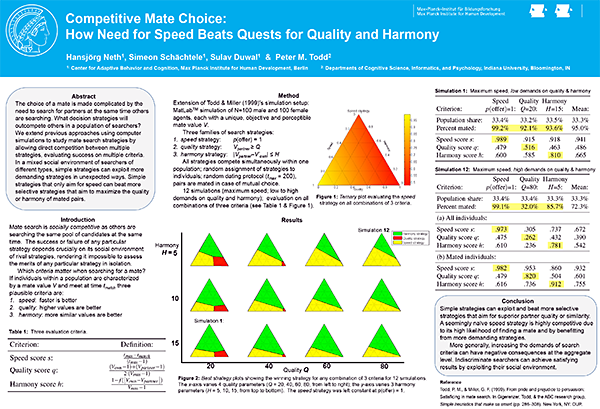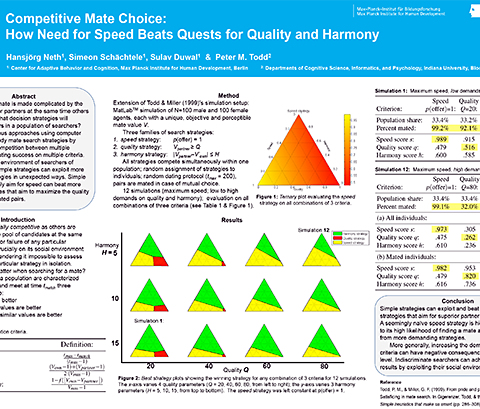Skip to content
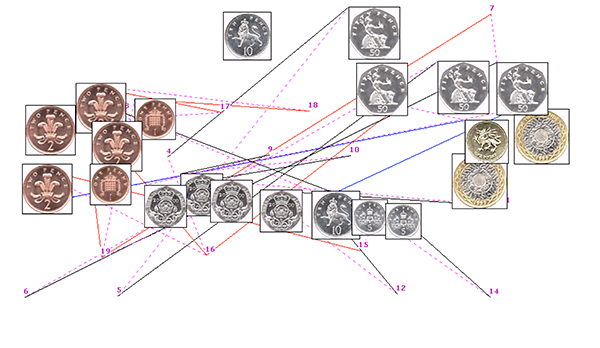
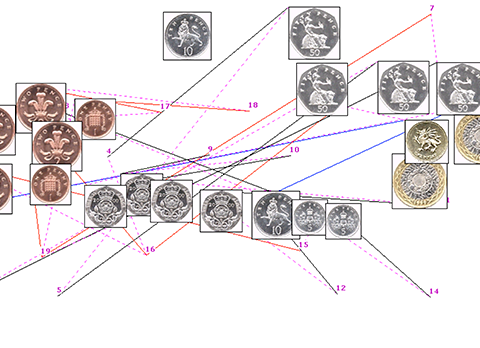
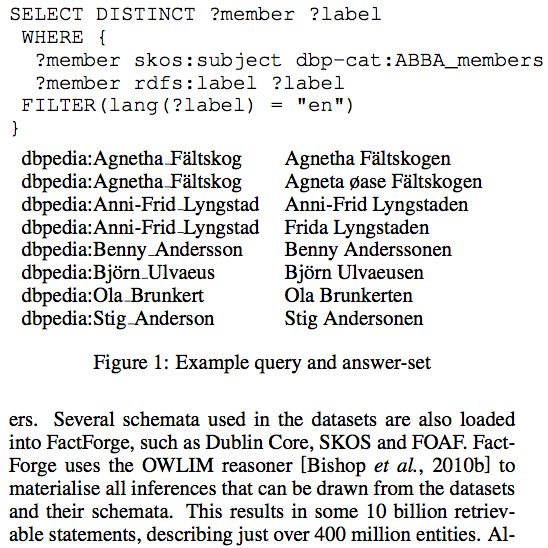
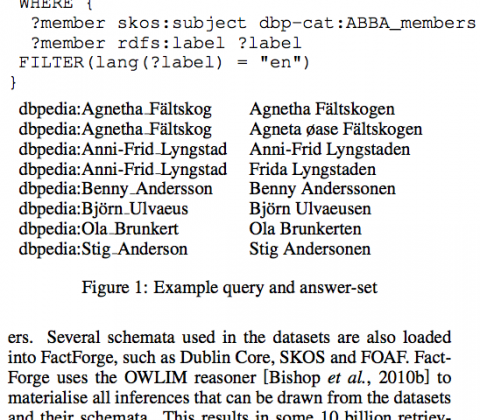
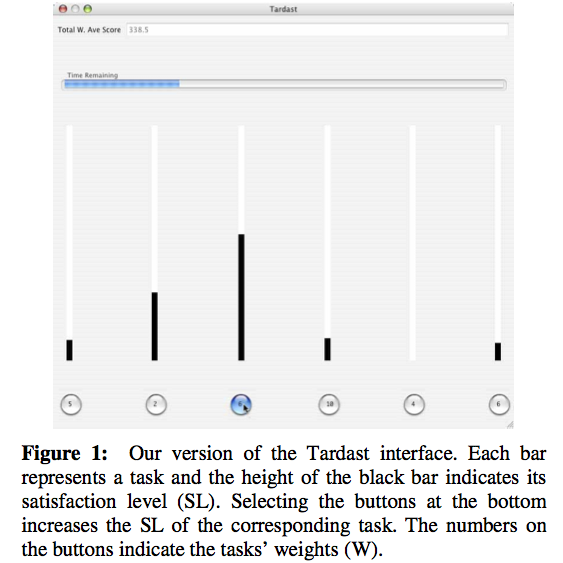
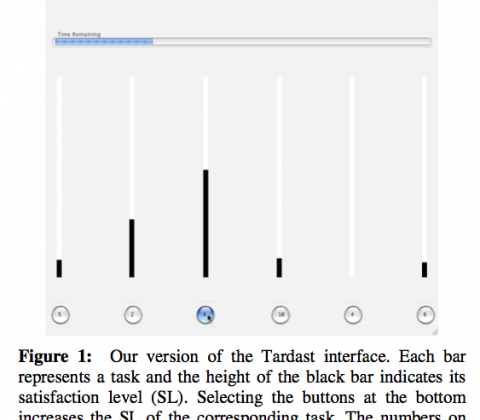
Posts in Category: paper
paper := journal article or paper in peer-reviewed conference proceedings


Paper: Interactive coin addition
On 2011-08-23 by hneth With 0 Comments
- 2010–2011, cognitive science, English, experiment, interactive behavior, paper, problem solving, psychology
| ‘Can you do Addition?’ the White Queen asked. ‘What’s one and one and one and one and one and one and one and one and one and one?’ ‘I don’t know,’ said Alice. ‘I lost count.’ |
| Lewis Carroll, Through the Looking-Glass, Chapter IX. |
Hansjörg Neth, Stephen J. Payne
Interactive coin addition: How hands can help us think
Abstract: Does using our hands help us to add the value of a set of coins?


Paper: Ranking LOD data with a cognitive heuristic
On 2011-07-16 by hneth With 0 Comments
- 2010–2011, computer science, conference, English, experiment, heuristics, JDM, memory, paper
Arjon Buikstra, Hansjörg Neth, Lael J. Schooler, Annette ten Teije, Frank van Harmelen
Ranking query results from Linked Open Data using a simple cognitive heuristic
Abstract: We address the problem how to select the correct answers to a query from among the partially incorrect answer sets that result from querying the Web of Data.


Paper: Feedback design for controlling a dynamic multitasking system
On 2008-08-30 by hneth With 0 Comments
- 2005–2009, analysis, cognitive science, English, experiment, interactive behavior, JDM, multitasking, paper, psychology, representation, simulation
| If an organism is confronted with the problem of behaving approximately rationally, or adaptively, in a particular environment, the kinds of simplifications that are suitable may depend not only on the characteristics—sensory, neural, and other—of the organism, but equally on the nature of the environment. |
| H.A. Simon (1956), Rational choice and the structure of the environment, p. 130 |
Hansjörg Neth, Sangeet S. Khemlani, Wayne D. Gray
Feedback design for the control of a dynamic multitasking system: Dissociating outcome feedback from control feedback
Objective: We distinguish outcome feedback from control feedback to show that suboptimal performance in a dynamic multitasking system may be caused by limits inherent to the information provided rather than human resource limits.
